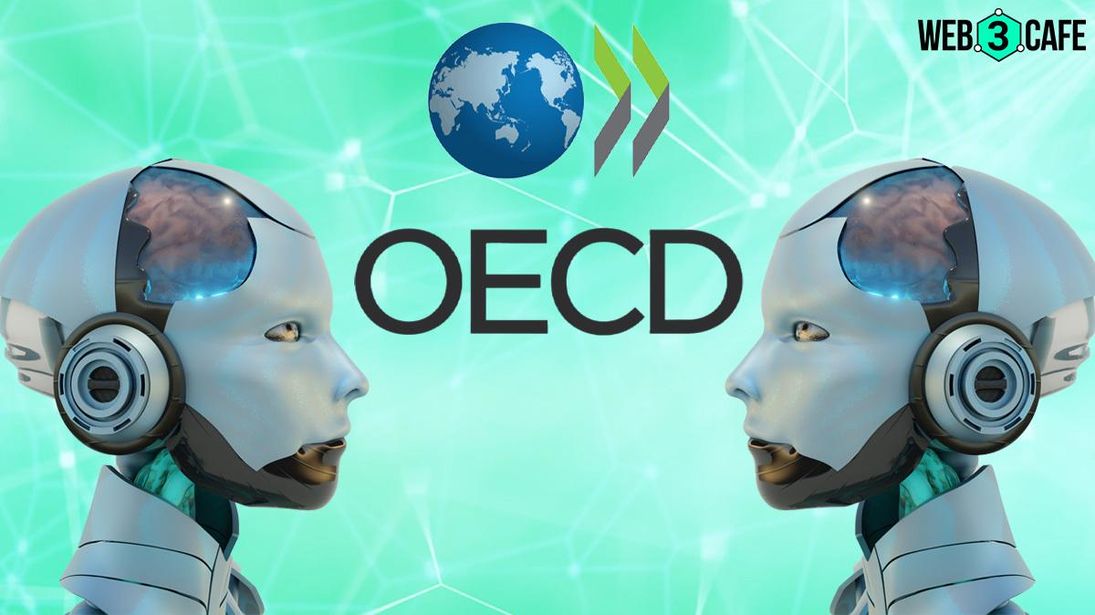Increase in AI-powered automation triggers job losses in finance, law & medicine, states OECD
Growth in AI continues to cause destruction in employment, mentions a recent report wherein OECD claims that 27 percent of jobs are said to be at high risk.
 artificial intelligence
artificial intelligence
Highlights
- High skilled jobs are at vulnerable stage, while middle skilled jobs are at most risk
- The urgency to act on AI was posed by the Organisation for Economic Co-operation and Development
Amid tech giants' decision to buckle up the speed of automation and AI growth to upscale their business operations, the risk of professionals losing their jobs has also increased. As per the recent report from the Organisation for Economic Co-operation and Development (OECD), nearly 27 percent of jobs are at high risk.
The development of AI has accelerated in recent months, particularly in the wake of OpenAI's ChatGPT, which resulted in employment losses in highly specialised industries like law, medicine, and finance.
Are professionals at the risk of automation from AI?
This global policy forum was founded in 1961 with the aim of stimulating economic progress and world trade, and has over 38 members, which include the UK, Japan, Germany, the US, Australia and Canada. In a recent report released on Tuesday, the OECD has posed concern on the current AI revolution. It stated that, “It was clear that the potential for AI-driven jobs substitution remains significant, raising fears of decreasing wages and job losses. However, it added that for the time being AI was changing jobs rather than replacing them.”
Professions in the fields of finance, medicine, and law, which frequently require years of education and whose core functions depend on accumulated experience to make decisions, may suddenly find themselves at risk of automation from AI.
According to the organisation, these quick advancements, along with the decreasing costs of developing and implementing these new technologies, suggest that the OECD economies may be on the verge of an AI revolution that will fundamentally alter the nature of the workplace.
The body further added that there is an ‘urgent need to act’ with regard to AI. “Urgent action is required," it declared, "to ensure AI is used responsibly and in a trustworthy manner in the workplace."
Further concerns related to AI posed in the report
As a result of advances in AI, technologies like ChatGPT produced output that could not be distinguished from that of a human. Major economies may therefore be approaching a turning point.
Nevertheless, worries about AI in the field are still widespread. According to a survey conducted last year, three out of every five workers are concerned that AI will replace them in their position within the next ten years.
The OECD report continued by saying that although AI had the potential to replace dangerous or boring duties with interesting ones, businesses were open about the fact that the main reason for the big investments in AI was to enhance workers’ performance and lessen staff cost.


COMMENTS 0